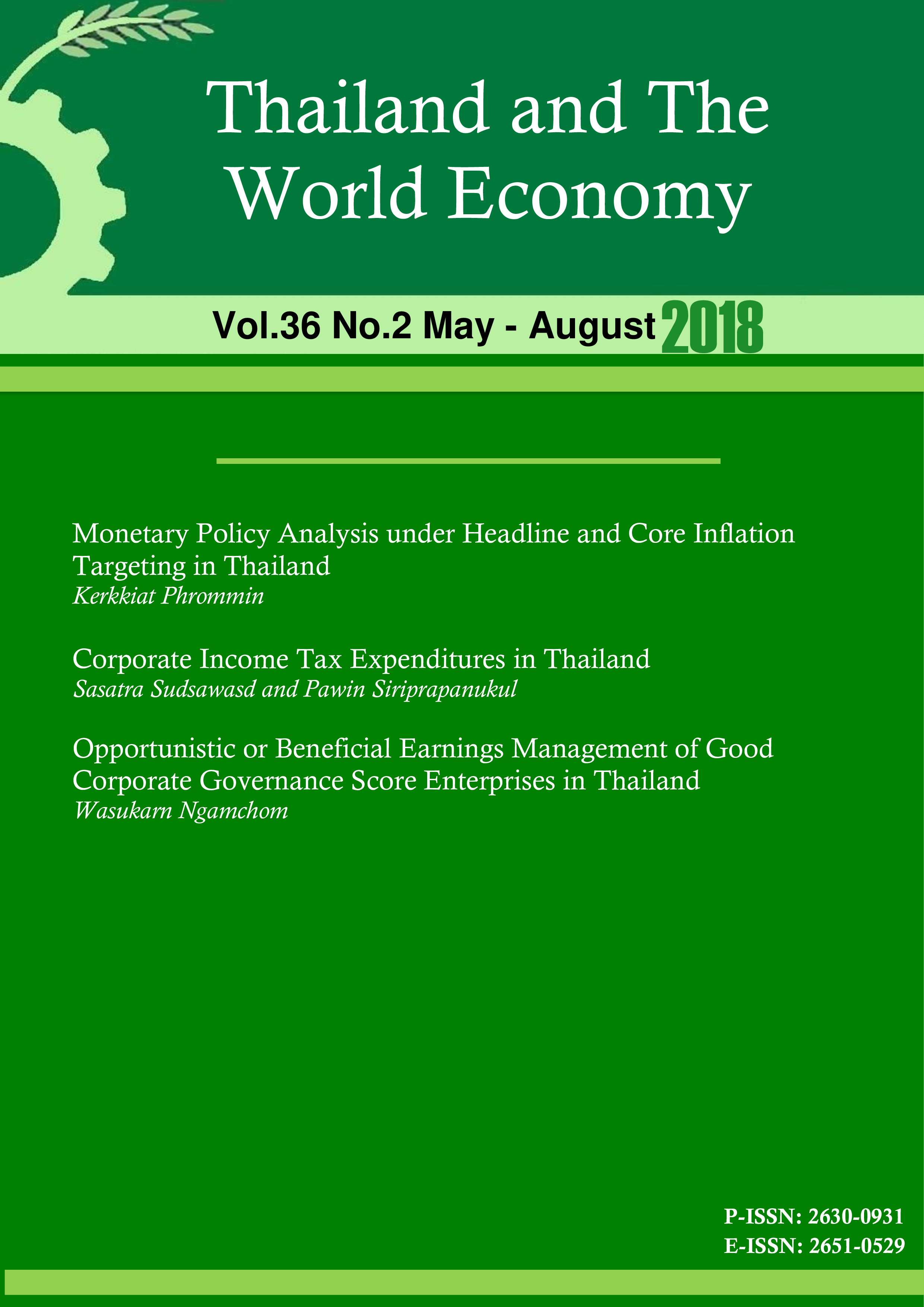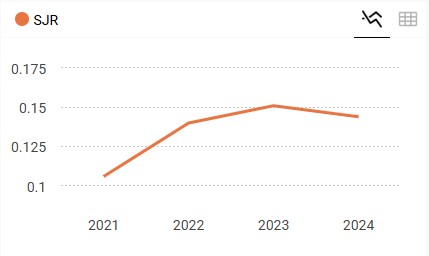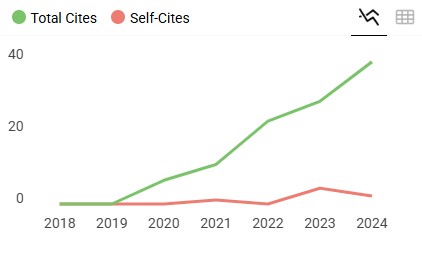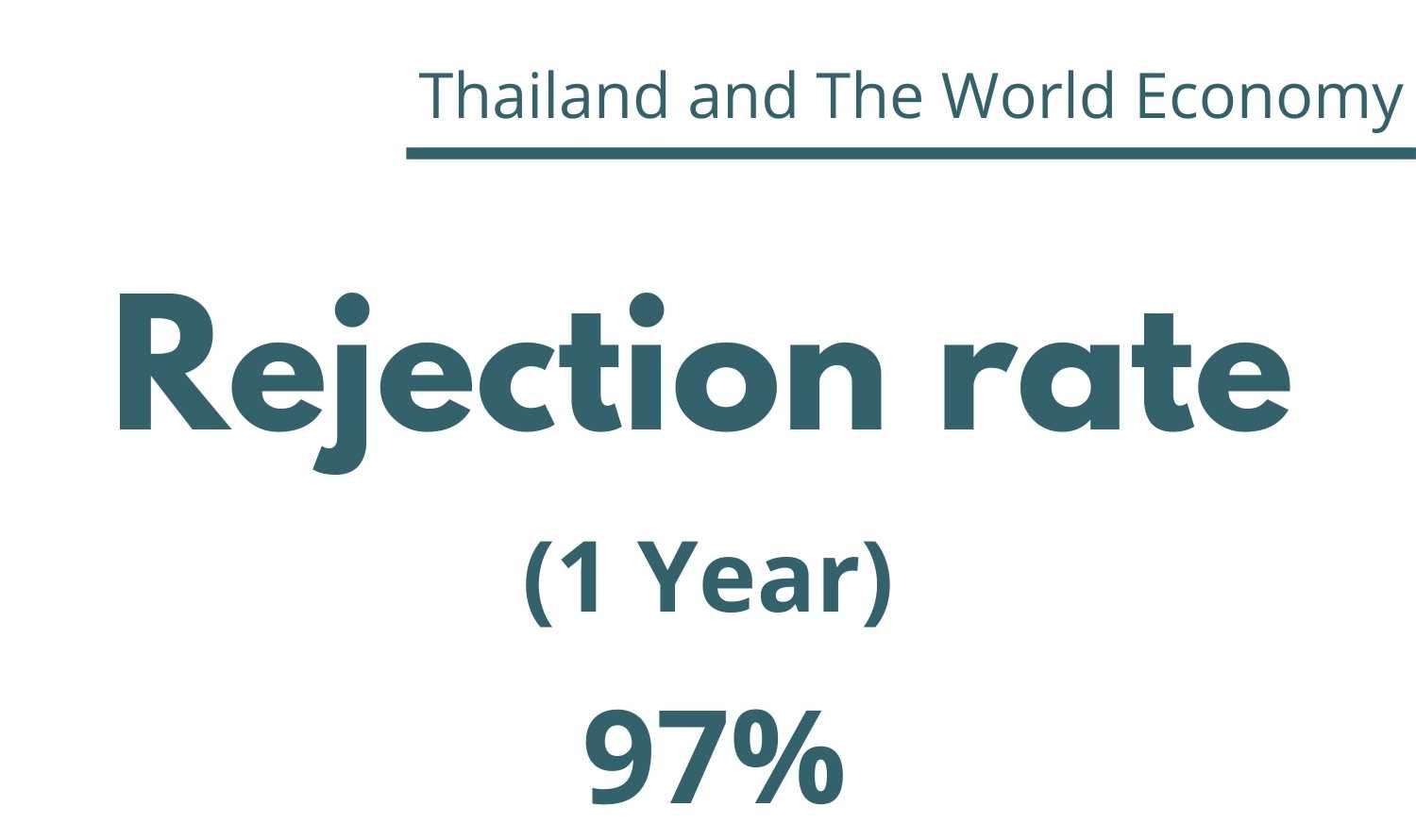Opportunistic or Beneficial Earnings Management of Good Corporate Governance Score Enterprises in Thailand
Keywords:
Good Corporate Governance Score, Earnings Management, Opportunistic Earnings, Beneficial Earnings ManagementAbstract
This research aimed to study effectiveness factors of directors’ board, shareholder’s structure and executive’s compensation influencing on earnings management. Another objective was to study discretionary accruals of the enterprises with an excellent, very good, and good governance score, it was the opportunistic or beneficial earnings management. Research methodology was the quantitative method analyzed by using the Panel Data Random Effects Model, the samples were selected from listed companies in the Stock Exchange of Thailand during 2009-2013. The results indicate that the proportion of directors with expertise in finance and accounting, and the number of board’s meeting affected on the increasing level of earnings management while the proportion of audit committee with expertise in finance and accounting reduced the earnings management. Additionally, it showed that the earnings management in Thailand was an opportunistic earnings management since some discretionary accruals had the opposite result from their firm values.
References
Alareeni, B., & Aljuaidi, O. (2014). The modified Jones and Yoon models in detecting earnings management in Palestine exchange (PEX). International Journal of Innovation and Applied Studies, 9(4), 1472-1484.
Alchian, A., & Demsetz, H. (1972). Production, information costs, and economic organization. The American Economic Review, 62(5), 777-795.
Shah, S., Liang, S., Butt, S., & Hasan, A. (2009). Corporate governance and earnings management an empirical evidence form Pakistani listed companies. European Journal of Scientific Research, 26(4), 624-638.
Bryan, S., Hwang, L., & Lilien, S. (2000). CEO stock-based compensation: An empirical analysis of incentive-intensity, relative mix, and economic determinants. The Journal of Business, 73(4), 661-693.
Banderlipe, M. (2009). The impact of selected corporate governance variables in mitigating earnings management in the Philippines. Dlsu Business and Economics Review, 19(1), 17-27.
Gul, F., Chen, C., & Tsui, J. (2003). Discretionary accounting accruals, managers' incentives, and audit fees. Contemporary Accounting Research, 20(3), 441-464.
Beasley, M. (1996). An empirical analysis of the relation between the board of director composition and financial statement fraud. The Accounting Review, 71(4), 443-465.
Bedard, J., Chtourou, S.M., & Courteau, L. (2004). The effect of audit committee expertise, independence, and activity on aggressive earnings management. A Journal of Pratcice & Theory, 23(2), 13-35.
Bergstresser, D., & Philippon, T. (2006). CEO incentives and earnings management. Journal of Financial Economics, 80(3), 511-529.
Bliss, M. (2011). Does CEO duality constrain board independence? Some evidence from audit pricing. Accounting and Finance, 51(2), 361-380.
Blasi, J., Conte, M., & Kruse, D. (1996). Employee stock ownership and corporate performance among public companies. Industrial & Labor Relations Review, 50(1), 60-79.
Bowen, R., Rajgopal, S., & Venkatachalam, M. (2008), Accounting discretion, corporate governance, and firm performance. Contemporary Accounting Research, 25(2), 351–405.
Bradbury, M., Mak, Y., & Tan, S. (2006). Board characteristics, audit committee characteristics and abnormal accruals. Pacific Accounting Review, 18(2), 47-68.
Harvey, C., Lins, K., & Roper, A. (2004). The effect of capital structure when expected agency costs are extreme. Journal of Financial Economics, 74(1), 3-30.
Carcello, J., Hermanson, D., & Neal, T. (2002). Disclosures in audit committee charters and reports. Accounting Horizons, 16(4), 291-304.
Chung, K., & Pruitt, S. (1994). A simple approximation of Tobin's q. The Journal of the Financial Management Association, 23(3), 70-74.
Claessens, S., Joseph, P., Larry, H., & Djankov, S. (2002). Disentangling the incentive and entrenchment effects of large shareholdings. The Journal of Finance, 57(6), 2741-2771.
Dechow, P., Sloan, R., & Sweeney, A. (1995). Detecting earnings management. The Accounting Review, 70(2), 193-225.
Dyck, A., & Zingales, L. (2004). Private benefits of control: An international comparison. The Journal of Finance, 59(2), 537-600.
Faccio, M., & Lang, L. H. (2002). The ultimate ownership of Western European corporations. Journal of financial economics, 65(3), 365-395.
Fama, E., & Jensen, M. (1983). Separation of ownership and control. Journal of Law and Economics, 26(2), 301-325.
Fama, E. (1980). Agency problems and the theory of the firm. Journal of Political Economy, 88(2), 288-307.
Ferreira, M., & Matos, P. (2008). The colors of investors’ money: The role of institutional investors around the world. Journal of Financial Economics, 88(3), 499-533.
Firth, M., Fung, P. M., & Rui, O. M. (2007). Ownership, two-tier board structure, and the informativeness of earnings–Evidence from China. Journal of accounting and public policy, 26(4), 463-496.
Healy, P., & Wahlen, J. (1999). A review of the earnings management literature and its implications for standard setting. Accounting Horizons, 13(4), 365-383.
Jackling, B., & Johl, S. (2009). Board structure and firm performance: Evidence from India's top companies. Corporate Governance: An International Review, 17(4), 492-509.
Jiraporn, P., Miller, G., Yoon, S., & Kim, Y. (2008). Is earnings management opportunistic or beneficial? an agency theory perspective. International Review of Financial Analysis, 17(3), 622-634.
Jenkins, D., Kane, G., & Velury, U. (2006). Earnings quality decline and the effect of industry specialist auditors: An analysis of the late 1990s. Journal of Accounting Public Policy, 25(1), 71-90.
Jensen, M., & Meckling, W. (1976). Theory of the firm: Managerial behavior, agency costs, and ownership structure. Journal of Financial Economics, 3(4), 305-360.
Kim, J., & Yi, C. (2006). Ownership structure, business group affiliation, listing status, and earnings management: Evidence from Korea. Contemporary Accounting Research, 23(2), 427-464.
Kalbers, L., & Fogarty, T. (1993). Audit committee effectiveness: An empirical investigation of the contribution of power. Auditing, 12(1), 24-49.
Khanthavit, A., Polsiri, P., & Wiwattankantang, Y. (2003). Did families lose or gain control after the East Asian financial crisis? In Designing financial systems eds. by Fan, J., Hanazaki, M., and Teranishi, J. in East Asia and Japan: Toward a twenty‐first century paradigm, New York: Routledge.
Klein, A. (2002). Audit committee, board of directors’ characteristics, and earnings management. Journal of Accouning and Economics, 33(3), 375-400.
La Porta, R., Lopez-de-Silanes, F., Shleifer, A., & Vishny, R. (1999). The quality of government. Journal of Law Economics and Organization, 15(1), 222-279.
Lemmon, M., & Lins, K. (2003). Ownership structure, corporate governance, and firm value: Evidence from the East Asian financial crisis. The Journal of Finance, 58(4), 1445-1468.
Limpaphayom, P., & Ngamwutikul, A. (2004). Ownership structure and post-issue operating performance of firms conducting seasoned equity offerings in Thailand. Journal of Economics and Finance, 28(3), 307-332.
Lin, J., & Hwang, M. (2010). Audit quality, corporate governance, and earnings management: A meta-analysis. International Journal of Auditing, 14(1), 57-77.
Lin, J., Li, J., & Yang, J. (2006). The effect of audit committee performance on earnings quality. Managerial Auditing Journal, 21(9), 921-933.
Lo, K. (2008), Earning management and earning quality. Journal of Accounting and Economic, 45(2-3), 350-357.
Meek, G., Rao, R., & Skousen, C. (2007). Evidence on factors affecting the relationship between ceo stock option compensation and earnings management. Review of Accounting & Finance, 6(3), 304-323.
Menon, K., & Williams, J. (1994). The use of audit committees for monitoring. Journal of Accounting and Public Policy, 13(2), 121-139.
Miller, P., & Norburn, D. (1986). Directors in strategic crisis. Advances in strategic management, 4, 95-110.
Osma, B., & Noguer, B. (2007). The effect of the board composition and its monitoring committees on earnings management: Evidence from Spain. Corporate Governance: An International Review, 15(6), 1413-1428.
Park, Y., & Shin, H. (2004). Board composition and warnings management in Canada. Journal of Corporate Finance, 10(3), 431-457.
Peasnell, K., Pope, P., & Young, S. (2005). Board monitoring and earnings management: Do outside directors influence abnormal accruals?. Journal of Business Finance & Accounting, 32(7-8), 1311-1346.
Petra, S., & Dorata, N. (2008). Corporate governance and chief executive officer compensation. Corporate Governance, 8(2), 141-152.
Piot, C., & Janin, R. (2007). External auditors, audit committees and earnings management in france. European Accounting Review, 16(2), 429-454.
La Porta, R., Florencio, L., Shleifer, A., & Vishny, R. (2000). Investor protection and corporate governance, Journal of Financial Economics, 58(1–2), 3-27
Abdul Rahman, R., & Haneem Mohamed Ali, F. (2006). Board, audit committee, culture and earnings management: Malaysian evidence. Managerial Auditing Journal, 21(7), 783-804.
Sarkar, J., Sarkar, S., & Sen, K. (2009). Board of directors and opportunistic earnings management: Evidence from India. Journal of Accounting Auditing and Finance, 23(4), 517-552.
Sesil, J., & Kroumova, M. (2005). The Impact of Broad-Based Stock Options on Firm Performance: Does Firm Size Matter?. SSRN Electronic Journal No.717081.
Sharma, V., Naiker, V., & Lee, B. (2009). Determinants of audit committee meeting frequency: Evidence from a voluntary governance system. Accounting Horizons, 23(3), 245-263.
Sylvia, V., & Utama, S. (2008). Type of earning management and the effect of ownership structure, firm size and corporate-governance practices: Evidence from Indonesia. The International Journal of Accounting, 43(1), 1-27.
Shleifer, A., & Vishny, R. (1997). A survey of corporate governance. Journal of Finance, 52(2), 737-783.
Shuto, A. (2007). Executive compensation and earnings management: Empirical evidence from Japan. Journal of International Accounting, Auditing and Taxation, 16(1), 1-26.
Sommer, A. (1991). Auditing audit committees: An educational opportunity for auditors Accounting Horizons, 5(2), 91-93.
Subramanyam, K. (1996). The pricing of discretionary accruals, Journal of Accounting Economics, 22(1-3), 249-281.
Teoh, S., Welch, I., & Wong, T. (1998a). Earning management and the underperformance of seasoned equity offerings. Journal of Financial Economics, 50(1), 63-99.
Teoh, S., Welch, I., & Wong, T. (1998). Earnings management and the long-run market performance of initial public offerings. The Journal of Finance, 53(6), 1935-1974.
Teshima, N., & Shuto, A. (2008). Managerial ownership and earnings management: Theory and empirical evidence from japan. Journal of International Financial Management & Accounting, 19(2), 107-132.
Trueman, B., & Titman, S. (1988). An explanation for accounting income smoothing. Journal of Accounting Research, 26, 127-139.
Jenkins, D., & Velury, U. (2006). Institutional ownership and the quality of earnings. Journal of Business Research, 59(9), 1043-1051.
Vafeas, N. (1999). Board meeting frequency and firm performance. Journal of financial economics, 53(1), 113-142.
Biao, X., Davidson, W., & DaDalt, P., (2003). Earning management and corporate governance: The role of the board and audit committee. Journal of Corporate Finance, 9(3), 295-316.
Yoon, S., Miller, G., & Jiraporn, P. (2006). Earnings management vehicles for korean firms. Journal of International Financial Management & Accounting, 17(2), 85-109.
Zahra, S., & Pearce, J. (1989). Boards of directors and corporate financial performance: A review and integrative model. Journal of management, 15(2), 291-334.










